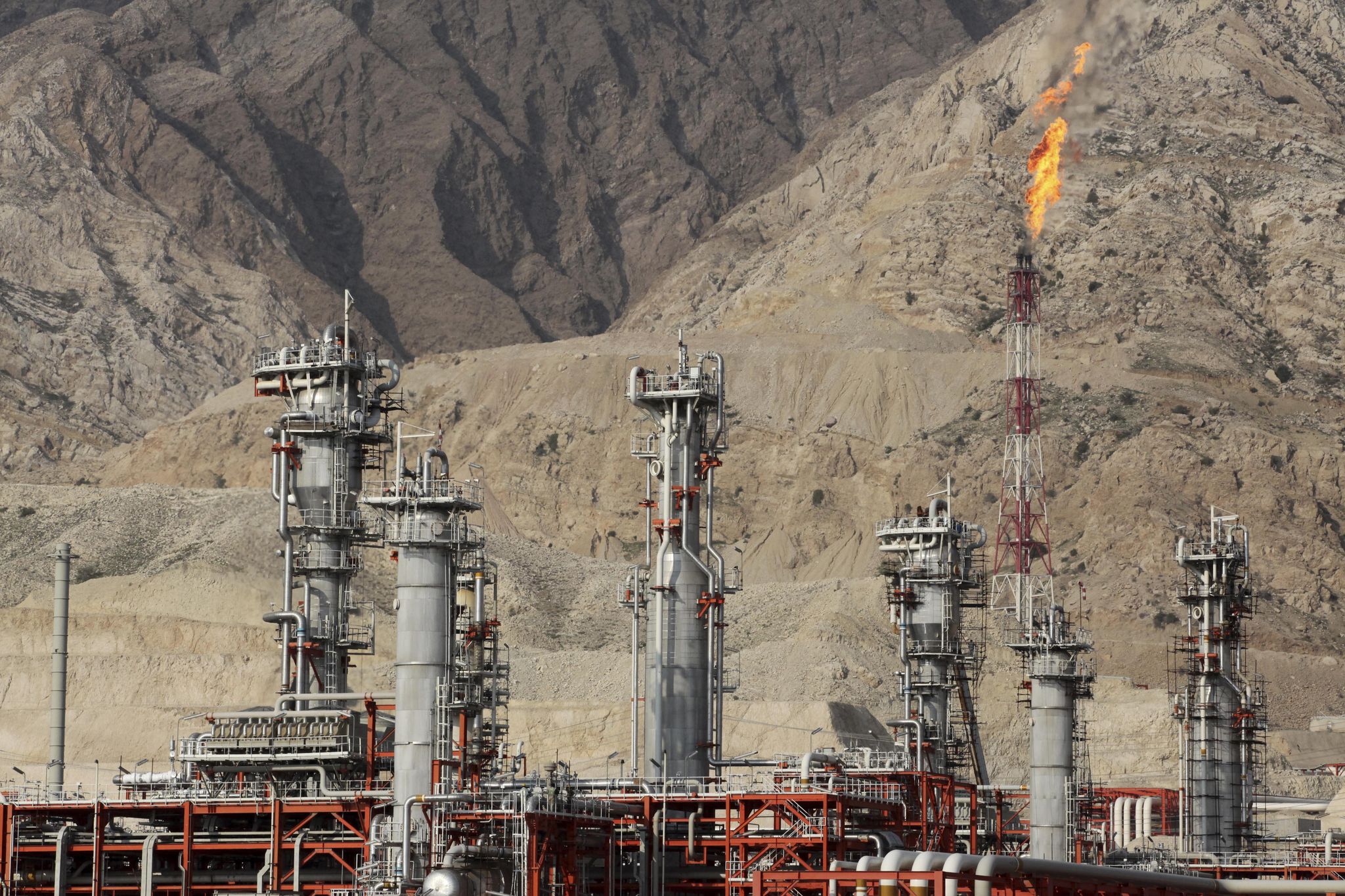
With unprecedented U.S. sanctions against Iran’s oil industry set to kick in next month, the Treasury Department is warning the rest of the world to beware of dodgy money fleeing the Islamic Republic.
With unprecedented U.S. sanctions against Iran’s oil industry set to kick in next month, the Treasury Department is warning the rest of the world to beware of dodgy money fleeing the Islamic Republic.
Washington and Tehran are in a battle of wills over oil exports, which the U.S. is trying to cut off in the wake of President Trump’s decision in May to pull out of the 2015 multilateral deal that eased global sanctions in exchange for curbs on Iran’s suspect nuclear programs.
“Any country that allows its central bank to be involved in deception in support of [Iranian] terrorism requires the highest levels of scrutiny, particularly when the country itself is the world’s largest state sponsor of terrorism,” Treasury Undersecretary for Terrorism and Financial Intelligence Sigal Mandelker said Thursday.
The Financial Crimes Enforcement Network (FinCEN) issued the advisory “to help financial institutions better detect and report potentially illicit transactions related to the Islamic Republic of Iran.”
Iran and the other signatories to the deal, including Russia, China and several European allies, are trying to keep the nuclear deal alive and to make an end-run around the U.S. sanctions, but a number of major corporations have already ended this Iranian dealings for fear of losing access to the much larger American market. Even harsher penalties are set to start on Nov. 4, punishing countries who buy Iranian oil.
On Sunday, Iran’s parliament approved a bill to tighten its laws against money laundering and terror financing, in a bid to strengthen its case that the U.S. moves are unjust. A U.N. watchdog agency has repeatedly said Iran has so far lived up to its commitments under the nuclear deal, although Washington argues Iran has pursued aggressive moves against U.S. and allied interests beyond the agreement.
The move was strongly opposed by hardline conservatives in Tehran, who argue the provisions will hamstring the Iran’s ability to support its regional allies, including the Lebanese Shiite group Hezbollah.
But the remaining partners from the Iran nuclear deal, have insisted that Tehran conform with the U.N.’s Terrorism Financing Conventions — the international Financial Action Task Force (FATF) standards — if there is any change to continue doing business under the nuclear deal.
The partners all fear U.S. sanctions, which warn other countries to be aware of Iranian “deceptive practices” to move around assets, including front companies and fraudulent documents manipulated by the Iranian Revolutionary Guards Corps and top executives at the Central Bank of Iran.
Iran is OPEC’s second largest exporter and the world’s fourth largest oil producer, but the Trump administration says it wants to completely cut off its exports.
Some Iranian oil buyers, such as South Korea and France, have halted their purchases completely while China and India, the biggest buyers of Iranian crude, are now buying far fewer barrels.
Iran is reportedly exploring way to subvert the U.S. restrictions, including the use of “ghost tankers” who turn off the tracking systems before entering international waters.






